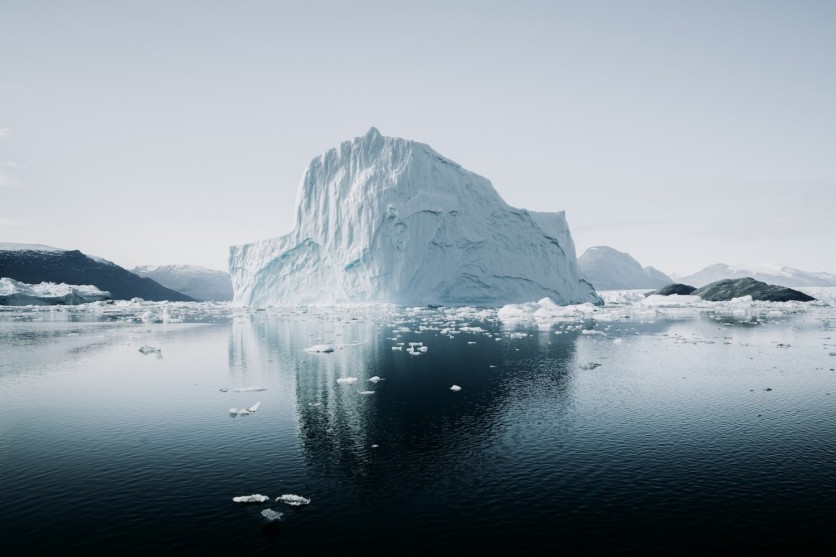The "doomsday glacier" sounds like a scary nickname for a disaster about to happen. It's like the title of a movie about an iceberg or crashing glaciers.
Realistically, this moniker is heavily tied up to the possibility that the glacier could collapse at any time.
According to the latest research, this Antarctic glacier is on the verge of breaking down. This would imply that in the next years to come, there would be alarming concerns because the sea levels are projected to rise when this happens.
Doomsday Glacier Brings Extreme Sea Water Levels

Scientists all over the world are reminding people that there's a continuous rise in sea levels. When this incident occurs, this could be a major threat to humanity.
According to a report by IFL Science, the Thwaites glacier, famously known as the "doomsday glacier," is barely holding on to its position.
Although the changes in sea levels are slightly noticeable, the aftermath of this event could be more felt in the coming years.
As the Earth continuously warms, the glacier's base is wearing out. The scientists discovered that over the past 200 years, it has been decreasing to 1.3 miles annually. This is double the recorded data from the satellite from the previous decade.
The base's progressive disintegration has possibly occurred as early as the mid-20th century, according to the study's lead author Alastair Graham.
Robert Larter, another co-author of the research, said that the Thwaites glacier is "really holding on today by its fingernails."
Related Article: Manhattan-Sized Iceberg Breaks Away From Antarctic Glacier
Thwaites Glacier Has Been a Concern in the Past
As a comparison, the doomsday glacier can be found in West Antarctica. You can imagine its very enormous size by comparing it to the state of Florida.
Since climate change worsens on the planet, experts are looking after even the small changes happening in the glacier.
When the rapid melting of ice continues, coastal life will be heavily impacted. The presence of the Thwaites glacier is a thing of the past since scientists have been studying it as early as 1973, per CNN.
There was particular research made in 2021 which highlighted the activity of the ice shelf. Even though it manages to grasp the ice from melting into the large bodies of water, it might break in the next five years.
Under extreme conditions, the recession of the glacier could hasten and pose a danger to all living things on the planet.
Graham said that even the slightest "kick" to the glacier could potentially create a big response.
This article is owned by Tech Times
Written by Joseph Henry
ⓒ 2026 TECHTIMES.com All rights reserved. Do not reproduce without permission.




